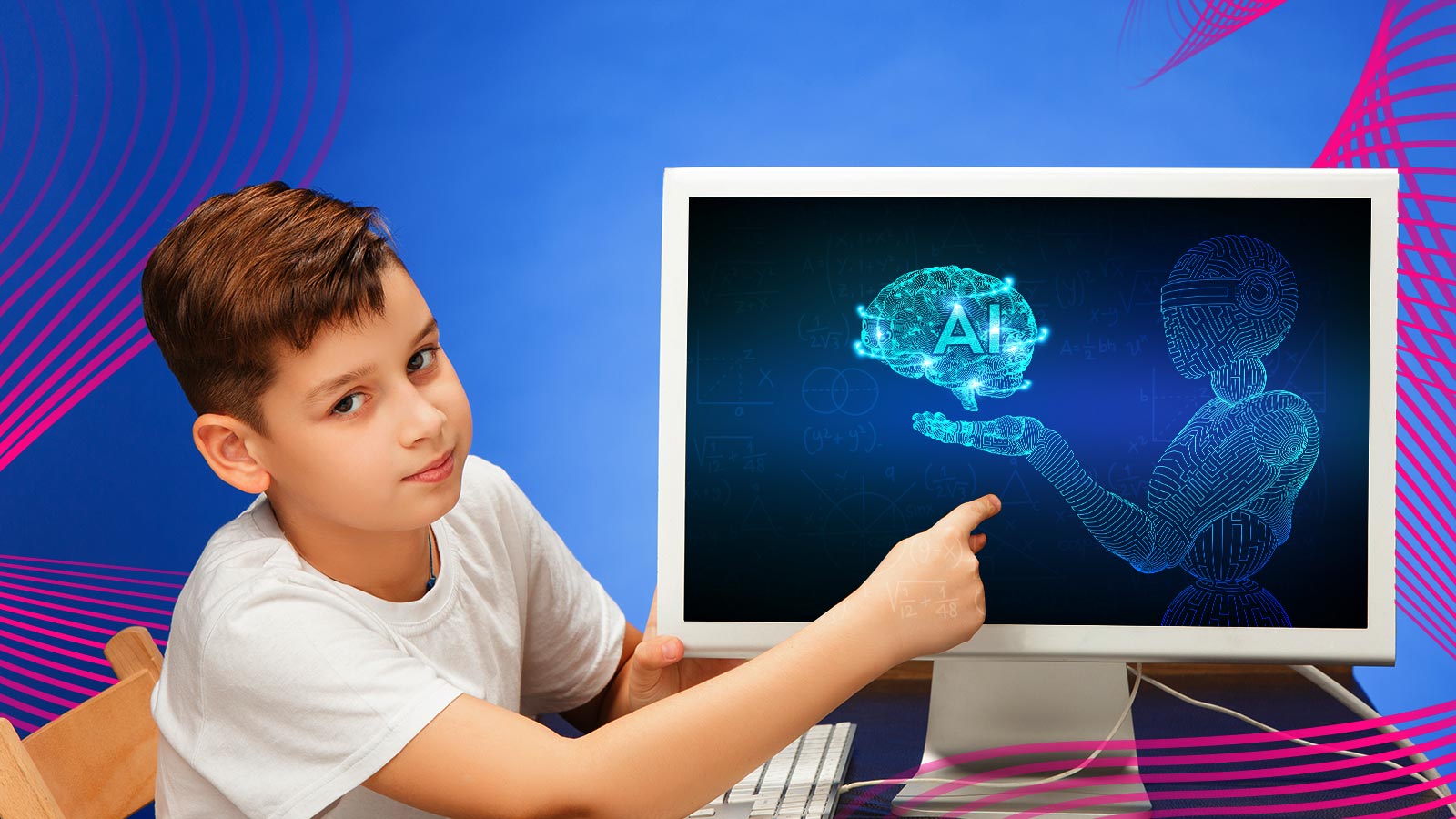Source – https://aithority.com/
Online education when compared against the traditional method adds to the features, and aids teaching methods when AI is used properly.
Online education or not, students love interactive classes where they don’t feel saturated. Artificial intelligence can help create such an interesting, useful platform. The changed world does not limit the age group for learning, and hence there are innumerable and diverse ways of educating oneself through AI. Contrarily, implementation of technology in education also changed the format of teaching-learning experience. So what exact role does AI play in education, and despite the possible discrepancies, what should one expect from online education?
The first and foremost change everyone experiences is the shift of teaching method from linear curriculum to project/skill oriented learning. This ensures that the students would learn the soft skills such as problem solving, effective communication, etc essential in the work life in future. Technology is also said to help in increasing student engagement, although it does not guarantee so.
Better visuals and experiential learning through interactive learning applications help a lot in attracting the attention of students. The cloud feature of AI in virtual learning has the provision of revisiting the lectures and the study material, even after the day is called. Teachers can also personalize the learning experience for each students, as technology facilitates the progress tracking of each student.
Virtual classrooms have the perk of collective intelligence; students can share whatever they find relevant and interesting to a particular concept taught in the class. Again, the involvement in the class depends on the student in the end, all AI can assure is betterment of the chances of that happening. AI opens up many creative gates for both students and teachers. The assignments for students can be out of the box; showcasing their abilities and knowledge beyond the prescribed books, which in turn makes them more confident about their work. Teachers, then, could figure out the inclination of each student from a considerably young age.
This changes the whole dynamic of the education, where teachers can become mentors and guide the students through their careers. The virtual world also reduces expenses such as field trips, guest lectures, etc. Students get to experience various worlds, developing them in all directions and creating an awareness within them. Augmented reality is a branch undergoing advancement at an exponential rate, and it is expected to be included soon in online education.
Online education can also increase family engagement, an important factor in the development of students. Teachers are able to find better material for students online, and improve their performance of instruction through direct/indirect constructive feedback from both parents and students. There are many obstructions in this type of education as of now. There is unequal access to technological gadgets and teachers are yet to understand the best use of AI in teaching. Moreover, too much engagement with devices is leading to a lot of health issues.
Apart from this, implementing AI in our daily lives also require deep knowledge of it. Which means that the curriculum needs to be updated, including technological skills at school level. Students, or everyone, should learn the social sharing skills, sustainable digital presence, ways of data protection, and online collaborative skills for a better and safe future in this specific itinerary.
